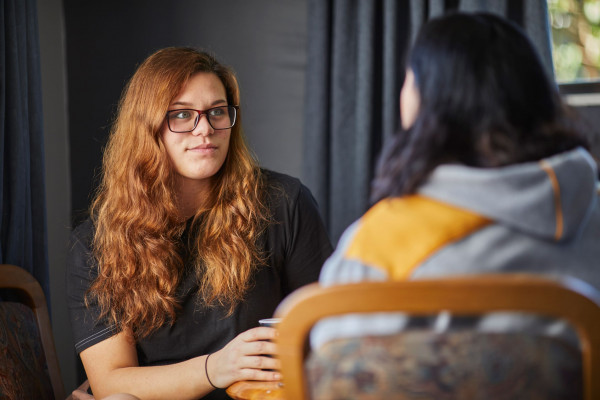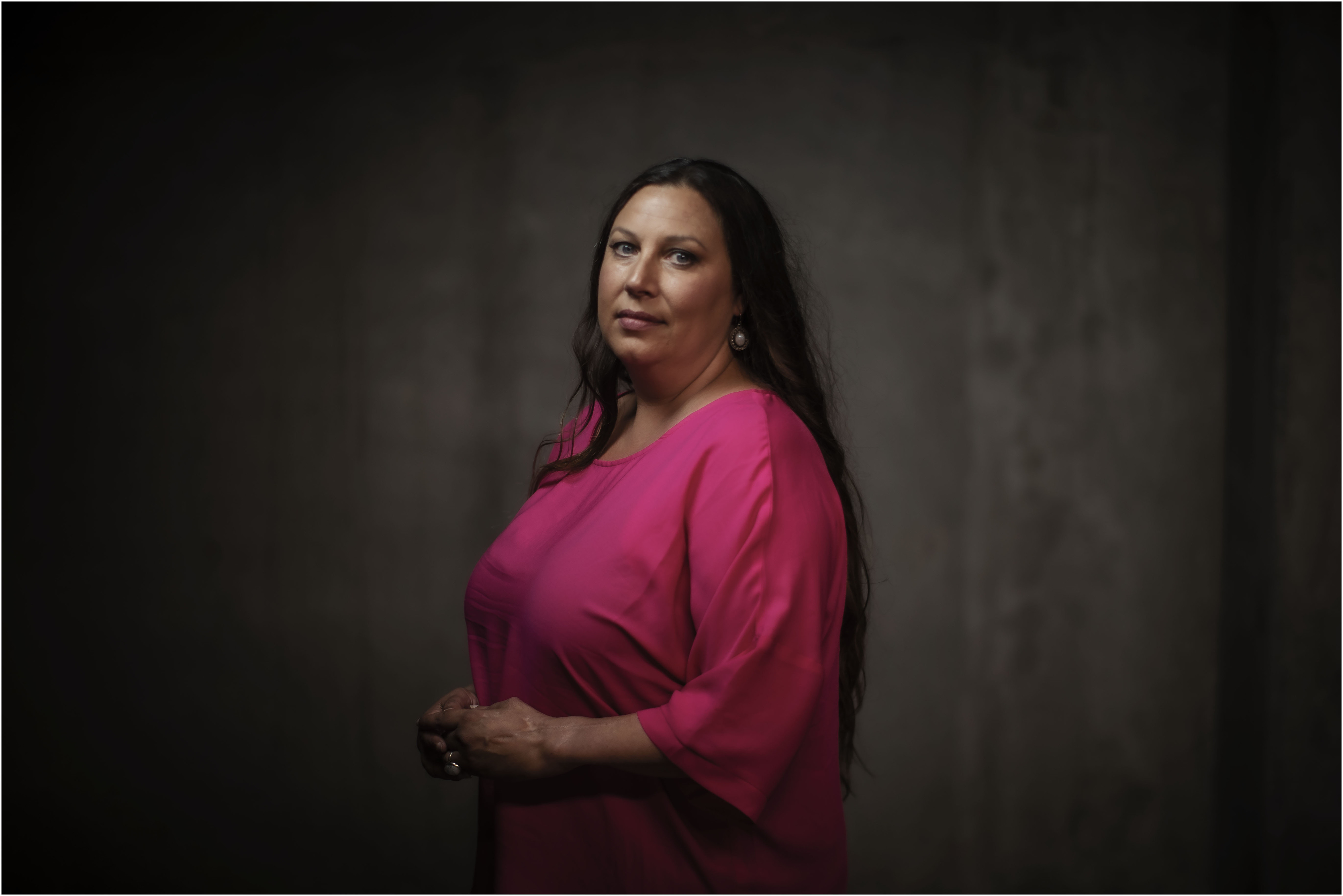What can I do to support someone experiencing family violence?
If you know someone who is experiencing family violence, support them to make decisions in their own time. Go at their pace — let them know you are there for them.
Ask if they feel safe
Also ask whether they have tried to get support from any specialist services that they might trust as well.
Don’t ask for excessive or unnecessary detail. If the person you’re supporting doesn’t want to talk about something, don’t pry for that information. Remain available, reassure them and let them know that you are there to listen and talk if they want to.
Offer support, but let them make their own decisions
People experiencing family violence don’t need you to save them, although it is natural that you may feel that way. If you start telling them what to do, and what is best for them, you risk driving them away from you. Walking alongside them gives them more control over what happens next.
You can ask them whether they would like to get specialist support from a family violence service. If they say yes, they can contact one of the services on the bottom of this page.
Or, if they’re willing and want your support, you can help them make a plan to contact a service. Providing structure and writing things down can be a very useful way to provide support. Make sure to keep any notes confidential.

The person you’re supporting may not want to contact a family violence service. That’s okay – don’t tell them that they should, and don’t contact a service without their permission. Show that you care about them, you aren’t judging them, and you are there for them when they need you. You can also offer them some information that they can look at when they’re ready. They may find the links below useful:
Understanding unsafe relationships
Let the person you’re supporting know that support is always available if they need it.
Leaving a violent partner can take time
Don’t give up on the person you’re supporting if they go back to a partner who is hurting them. It’s common for people to leave their partner, then go back to them several times. They’re not doing this because they want to go back to the violence.
Learn more about the barriers to seeking safety from family violence
Get help to provide support, and look after yourself
You don’t need to do this alone. The Family Violence Information Line can offer advice and connect you to organisations around New Zealand that can help.
Call 0800 456 450 for the Family Violence Information Line. This phoneline is available 24/7 and provides information, support and advice around family violence.
These situations can be complex. It’s important that you take care of yourself as well.
Learn more about looking after yourself as you support others








